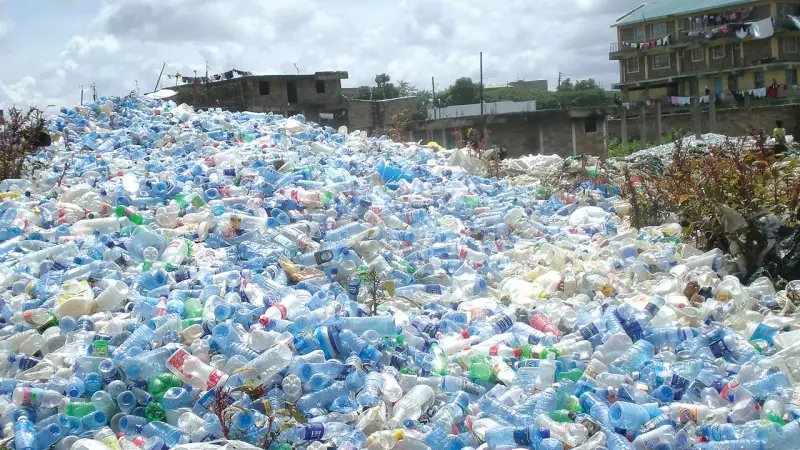
Lagos State, once drowning in its own waste, is now pioneering an environmental revolution that's turning trash into treasure. The megacity's ambitious waste management transformation is creating a staggering $2.5 billion circular economy opportunity that's capturing global attention.
From Environmental Crisis to Economic Opportunity
With a population exceeding 20 million people, Lagos generates approximately 13,000 metric tons of waste daily. This massive waste burden was once considered an insurmountable challenge, but visionary leadership and innovative thinking have flipped the script completely.
The Lagos State Government, under the Lagos Waste Management Authority (LAWMA), has implemented groundbreaking strategies that are not only cleaning up the city but also creating substantial economic value from what was previously considered useless garbage.
The Circular Economy Blueprint
At the heart of this transformation lies a comprehensive circular economy model that emphasizes:
- Waste Segregation at Source: Encouraging households and businesses to separate recyclables from general waste
- Advanced Recycling Infrastructure: Developing state-of-the-art recycling facilities across the state
- Private Sector Partnership: Engaging waste management companies and recycling entrepreneurs
- Community Empowerment: Creating green jobs and economic opportunities for residents
Economic Impact and Job Creation
The circular economy initiative is proving to be an economic powerhouse. Current estimates indicate the potential to generate up to $2.5 billion annually through various waste valorization channels. This includes:
- Plastic Recycling: Converting plastic waste into valuable raw materials for manufacturing
- Organic Waste Conversion: Transforming food and agricultural waste into compost and bioenergy
- E-waste Management: Safely processing electronic waste and recovering precious metals
- Construction Waste Repurposing: Converting demolition waste into building materials
Perhaps most importantly, this initiative is creating thousands of direct and indirect employment opportunities, particularly for youth and women in local communities.
Sustainable Future Vision
Lagos State Commissioner for the Environment and Water Resources emphasizes that this is more than just waste management—it's about building a sustainable future for generations to come. The circular economy approach aligns with global sustainability goals while addressing local environmental challenges.
The success of Lagos's waste transformation serves as a powerful model for other African cities facing similar environmental challenges. It demonstrates that with the right policies, partnerships, and public participation, even the most daunting urban problems can be turned into remarkable opportunities.
As Lagos continues to innovate in waste management, the world is watching closely. This Nigerian megacity is proving that environmental sustainability and economic prosperity can, and should, go hand in hand.





